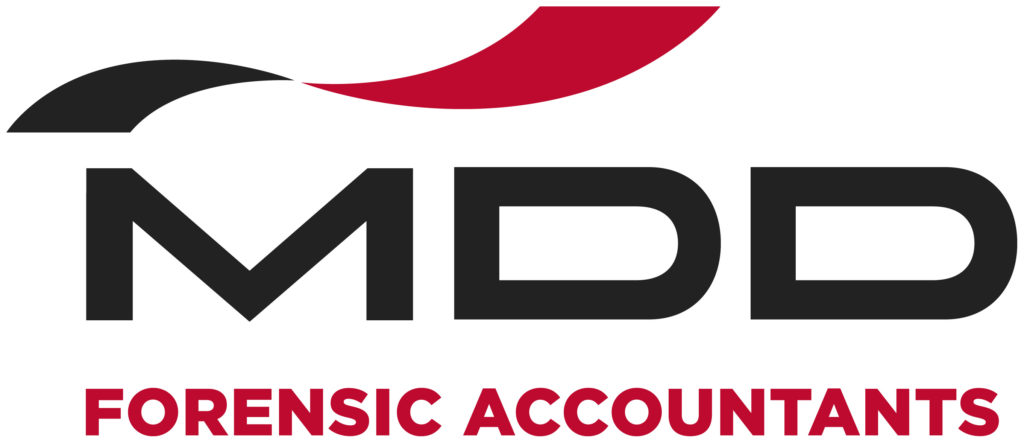Conventus Law: What are the challenges in valuing start-ups and tech companies?
We often see two main themes when dealing with tech or start-up disputes, namely the lack of profitability and a complex shareholder structure.
Valuation methods, such as the income and market based approaches, make reference to a company’s earnings being correlated with its value. Given many start-ups and tech companies are quite new ventures, most will not have any profits, and many may not even be at a revenue generating stage. A lack of historical earnings presents many challenges to valuation experts, who typically rely on historical financial performance to project future earnings.
A second challenge is that tech companies are typically established by a founder, who seeks to retain control of the company while benefiting from a capital raising such as an IPO or a private placement. This typically leads to a more complex shareholder structure with different classes of shares along with voting rights and profit distribution rights that are dependent on each share class. This structure will create additional complexity as the valuer has to take into account the relative value of each class of shares in conjunction with the overall business value.
How do you value a company that has no profits?
A non-profitable or loss-making entity will present challenges as a company’s value is inherently linked to its profitability. If a company, such as a start-up, has historically not been profitable, the lack of a track record can cause difficulties for valuers. Ultimately, however, the value of a company is linked to its future profitability, and it is this factor that should steer a valuer’s work when assessing whether the subject company will be profitable in the future.
In particular, a valuer is likely to assess the maturity of the company, whether there is a “proof of business” concept, whether the company has sufficient resources to scale the business towards profitability and the rate of revenue growth as compared to costs.
When looking at specific approaches, there is no standardised approach to valuing startups. A valuer may consider traditional valuation methods such as an income-based approach (like a discounted cash flow (“DCF”) analysis) or market-based approaches (such as comparable market multiples). However, a valuer must consider carefully whether these methods would result in a robust assessment of a company’s value. For example, if detailed financial information is not available, or past performance is not representative of the business’ future prospects, then the DCF approach is unlikely to be reliable. A valuer may also consider other valuation methods, such as a scorecard system or venture capital method (a hybrid method which incorporates features of both DCF and market multiple approaches).
The choice of valuation method will depend on the specific circumstance of the company. In particular, the maturity of the company and the level of financial information available. Where appropriate and feasible, it is usually best to consider more than one methodology so that final conclusions can be compared and cross-checked. In valuing any business, the appropriate valuation approach should be tailored to reflect the circumstances of the company. There is no ‘one-size-fits-all’.
Why are loss making companies like Uber commanding such high valuations?
Whether you believe that Uber is overvalued or not, a business’s value is driven by 2 main factors, 1) its cashflow along with the future growth of its cashflows and 2) the risks associated with those cashflows.
In the case of Uber, who only reported their first profitable quarter in 3Q 2021, its value is driven by investors’ perception that its cashflows will increase in the future due to its hig growth rate and opportunities in the markets where it operates along with the relatively low risks it faces when compared with its growth and earnings potential. These factors lead to its current valuation of around USD 20 per share.
It should be noted that in relation to listed companies the key issue here is what the market perceives to be its earnings potential and risks. In the case of Uber, its IPO in May 2019 was priced at USD 45, or more than double its current price, suggesting the optimism over its future prospects have been tempered over the last 3 years due to its failure to generate profitability.
What are the most interesting tech disputes you have experienced?
Early in my (Eddy’s) career, I worked on one of the largest computer contract disputes to reach the English High Court, BSkyB v. EDS.
BSkyB commissioned EDS to develop and supply a new computer system to improve service to its call centre customers. Unfortunately, the development did not run to plan and eventually BSkyB sacked EDS and took the project in-house. BSkyB launched legal proceedings in 2004 and claimed substantial damages.
The engagement involved quantifying cost-based damages and lost benefits based on the opinions of IT experts, experts in the churn-related benefits from CRM systems, and experts in the effect of CRM systems on the operation of call centres.
However, the most memorable part of the engagement was the cross examination of a key fact witness of EDS. During the proceedings, it was alleged that this witness had a fake MBA, apparently from a college in the British Virgin Islands, but actually obtained through the internet. The point was ably demonstrated by BSkyB’s counsel who obtained a similar degree from the same college for his pet dog Lulu. The evidence led the judge to the conclusion that the key witness had shown “an astounding ability to be dishonest,” that his “credibility was completely destroyed by his perjured evidence over a prolonged period” and that his evidence could not be relied upon alone. This proved to be a critical factor in the judge’s finding that BSkyB could circumvent the £30 million liability cap in the contract and award of £318 million in damages.
Are there any recent or prominent tech disputes that have caught your attention?
There have been several disputes in relation to crypto currencies of late, which appears in part to have been triggered by the rapid rise and then dramatic fall in the value of digital assets in recent times. For example, Binance is currently being sued by an investor in the US for allegedly falsely marketing TerraUSD as a safe asset, while Coinbase has been accused of selling 79 digital assets as unregistered securities. Interestingly, even celebrities such as Kim Kardashian and Floyd Mayweather are also facing lawsuits in relation to their promotion of Etherium.
This trend of increasing Crypto disputes is certainly consistent with our own personal experiences, and given the inherent volatility of these digital assets, crypto disputes will be a growing area for legal practitioners. In addition to the investor class action suits highlighted above, we have noted an increase in joint ventures and other shareholder disputes involving crypto companies. Finally, with the recent downturn in the market, it is likely that there will be more restructuring and insolvency cases with respect to companies operating in the crypto industry.
What are the common causes of co-founder conflicts
One of the biggest issues from founder or co-founder disputes involves how the parties initially set out to operate the company compared to how it has evolved into its current state.
At the early stages of any venture or start-up, the roles of the various founding members may be quite ah-hoc and informally organised. As the start-up grows to a size where more structure is required, disputes may arise if there is a divergence of the organised roles and responsibilities of the founders compared with what they were expecting. These conflicts will result in the founders disputing what their actual shareholding is worth, what capital contributions have they made, and what rights and roles should they be entitled to.
Are there any specific challenges that arise from valuing shares owned by the founder
of a tech company?
As noted above, founder disputes may present challenges in the form or the nature of the businesses, including whether they are profitable. Furthermore, the shareholder structure of these entities can cause issues particularly if there are differing classes of shares, or even no formal partnership or ownership structure. Disputes may also arise between founders over their alleged holdings in the subject company, or whether the founders of the subject company are even the creators of the idea that led to the creation of the subject company.
For example, in the case of Facebook, Mark Zuckerberg faced legal disputes from the Winklevoss twins over who was the originator of Facebook. Similarly, in the case of Snapchat, founders Evan Spiegel and Bobby Murphy faced lawsuits from Reggie Brown, who alleged that he was the creator of certain features of Snapchat.





